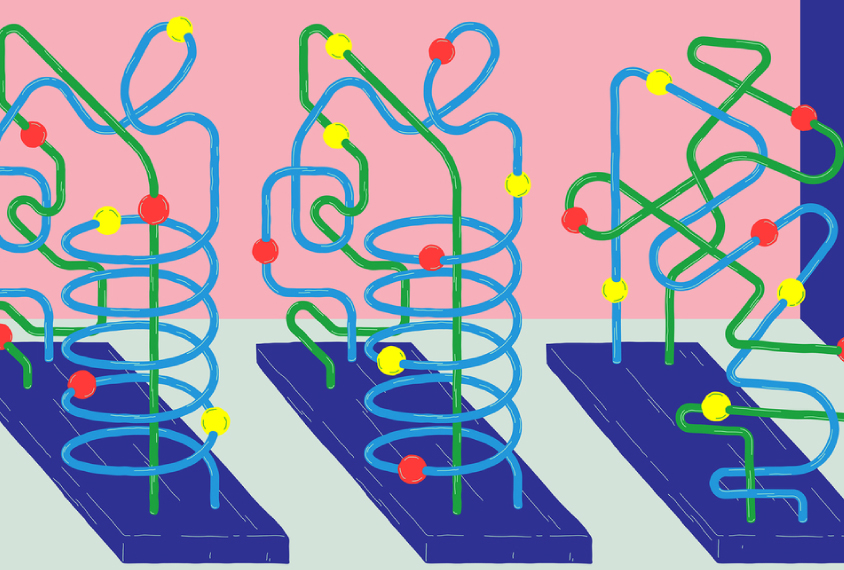Mosaic
From this contributor
For people with alexithymia, emotions are a mystery
One in 10 people struggle to recognize their emotions. New research suggests a vital link between our ability to sense our physical bodies and knowing how we feel.

For people with alexithymia, emotions are a mystery
Studying genetics in the age of big data
New biomedical techniques, like next-generation genome sequencing, are creating vast amounts of data and transforming the scientific landscape.

Studying genetics in the age of big data
How genetics is revealing rare childhood conditions
A pioneering project is showing how, 17 years since the first draft of the human genome, our genes are giving up their secrets and bringing hope to parents around the world.

How genetics is revealing rare childhood conditions
Explore more from The Transmitter
Neuro’s ark: Spying on the secret sensory world of ticks
Carola Städele, a self-proclaimed “tick magnet,” studies the arachnids’ sensory neurobiology—in other words, how these tiny parasites zero in on their next meal.

Neuro’s ark: Spying on the secret sensory world of ticks
Carola Städele, a self-proclaimed “tick magnet,” studies the arachnids’ sensory neurobiology—in other words, how these tiny parasites zero in on their next meal.
Autism in old age, and more
Here is a roundup of autism-related news and research spotted around the web for the week of 2 March.

Autism in old age, and more
Here is a roundup of autism-related news and research spotted around the web for the week of 2 March.
Lack of reviewers threatens robustness of neuroscience literature
Simple math suggests that small groups of scientists can significantly bias peer review.

Lack of reviewers threatens robustness of neuroscience literature
Simple math suggests that small groups of scientists can significantly bias peer review.